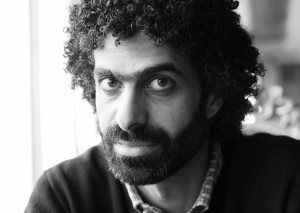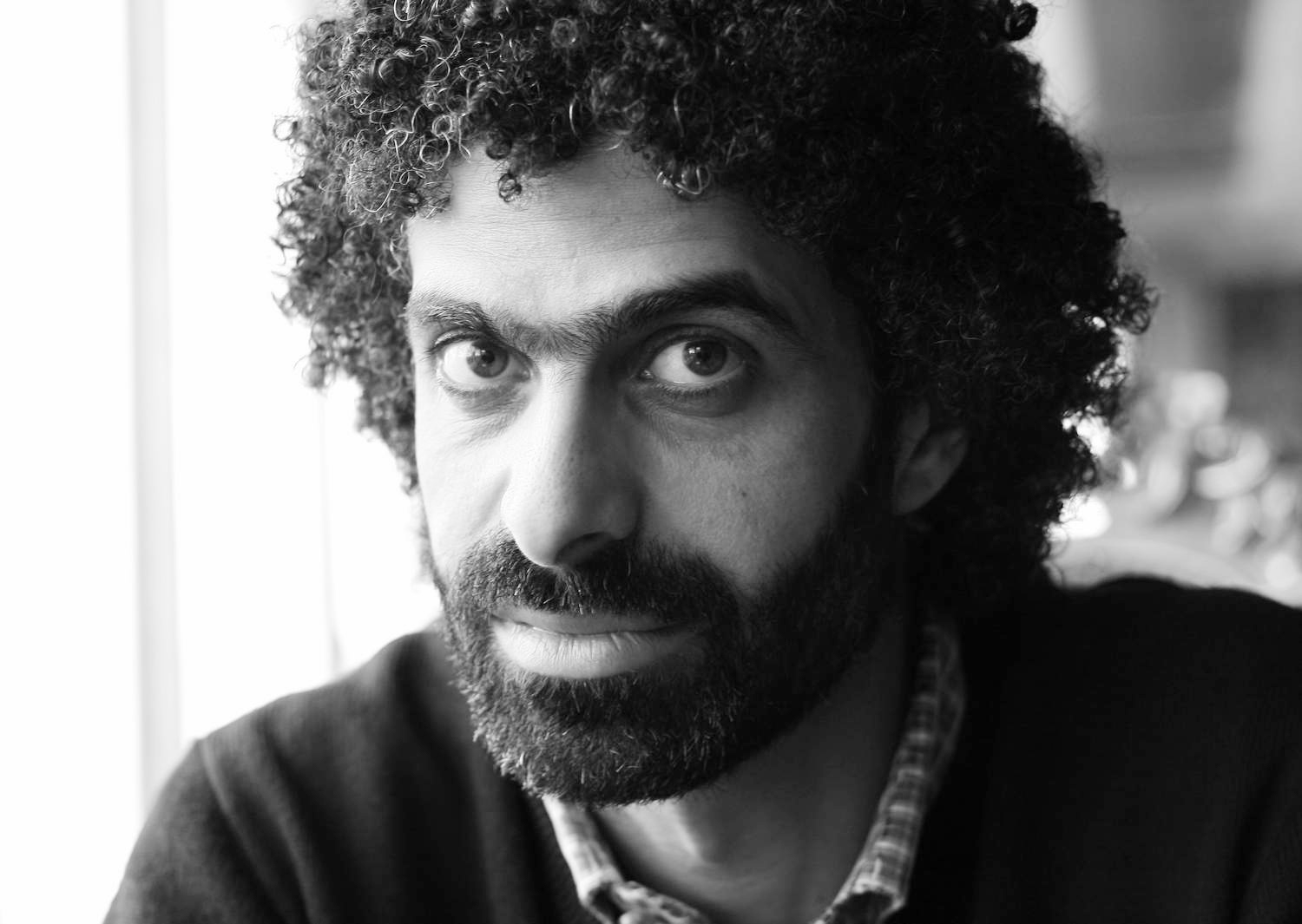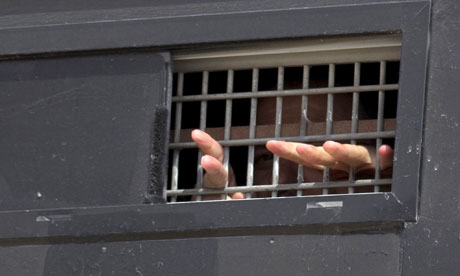 In 2010 I was invited to a lecture by Amr Khaled, organised by Regents College in London, while I was there for some media mission. The lecture was considered very important, as it was to discuss coexistence in Islam, in a city that has one of the most visible Muslim minorities in Europe.
In 2010 I was invited to a lecture by Amr Khaled, organised by Regents College in London, while I was there for some media mission. The lecture was considered very important, as it was to discuss coexistence in Islam, in a city that has one of the most visible Muslim minorities in Europe.
For those who might not know Amr Khaled, he is a Muslim preacher famous for promoting Islam mainly among Muslim communities using modern concepts of communicating his message of progressive spirituality. A few years ago, Khaled’s website became the second most visited personal website in the world after Oprah Winfrey’s.
Given his nontraditional preaching style and his TV appearances, the progressive scholar attracted an audience of millions, mostly from the young middle and upper middle classes of Egypt and the rest of the Arab world. A fact that caused many traditional Muslim preachers to shower him and his progressive style with criticism calling him El Sheikk El Rewesh or the cool sheikh, which is supposed to be an insult. I consider it a compliment.
During that lecture about such a very important issue, especially for non-Muslim Europeans, I guess I was the only Arab present. Almost no one was prepared or aware of the details of the issue. His lecture was more of a “message of love” more than anything scientific, which I did not like since he was talking in an academic institution and he is an academic himself.
While he was talking I was reflecting on critical issues concerning non-Arab ethnic mosques in London that I was touring around. Regular visitors of such mosques do not speak Arabic, “the language of Islam”, and find themselves having to hire nonqualified Arab imams to lead their prayers. Many mistakes were observed, which I consider dangerous.
When the floor was open for questions, a few moments passed and no one raised a hand to ask the star preacher anything. It seemed like they were the wrong audience, who were clueless about the topic. I decided then to offer my thoughts and save the situation, however the nasty journalist inside me was unfortunately dominant.
I briefly explained my observations and worries from practices of nonqualified Arab imams and followed with this question: Which do you think is better; having mosques controlled and observed under one central administration like Al-Azhar, which I consider administratively inefficient, with the risk of turning it into another authoritarian Vatican; or having mosques around the world with free practices that can in some cases become destructive and dangerous?
That was an unfair question to put to Amr Khaled. I knew that there was no answer to this question. No Muslim scholar has managed to solve this dilemma yet, or at least as far as I know. I just had a hope based on my respect for him that he might say something leading to some interesting direction of thought. However, Khaled could not answer the question and could not find proper words to express how difficult this challenge is, especially with his not very polished English communication skills.
The silent non-specialised audience suddenly turned nasty and showered the poor cool sheikh, who is just a human being and does not have answers to everything, with very aggressive and ignorant questions, all based on my own observations. I felt very ashamed of being the person who put the nice gentleman in such a difficult and unfair corner and opened aggressive British hell gates against him.
Surprisingly after the lecture was over, he immediately walks towards me expressing his appreciation for my “very important question” as he described it, and invited me to join him for a chat over a dinner organised by the university. He really was a peaceful humanity-loving scholar. This is what I call “civilisation”.
This story might seem irrelevant to the political developments of today’s Egypt, which is going through such turmoil and confrontation on the second anniversary of the revolution. However, I am using it to raise a question I believe to be relevant: Where did the cool sheikhs disappear to?
The so-called cool sheikhs, of whom Amr Khaled is but one of a long list, were effectively “silenced” following the fall of Mubarak. They were very popular in the late 1990s and early 2000s, but they were oppressed by Mubarak’s regime, which feared their popularity, while their forum of expression was narrowed down in the media.
Some had to leave the country and were denied return. Shortly before the 25 January 2011 uprising, radicals were given much more airtime on TV and in the media in general. And following the fall of Mubarak, such unscholarly radicals carved out a massive public space, facilitated by the military, and filled it with ranting and yelling directed to the ears of average Egyptians, while the phenomenon of the cool sheikhs, who mainly sided with the revolution’s demands, faded quickly.
In today’s Egypt, polarised between the Islamists, their supporters and the revolutionaries and their supporters, I believe that the cool Amr Khaled and his group of scholars are needed. It is not about finding an Islamic solution for the current complicated situation, which I am not for or against.
It is simply because Egyptians have been religiously minded since ancient ages, even if they were never completely fanatical. And since religion is currently ignorantly utilised for short-sighted political interests, maybe voices of the cool sheikhs are more needed than ever. Their rule is not to establish non-functioning parties, like Amr Khaled did. They have to get their voices heard, get back their media space, and preach educated thoughts against harmful radical Islamist ranting.



